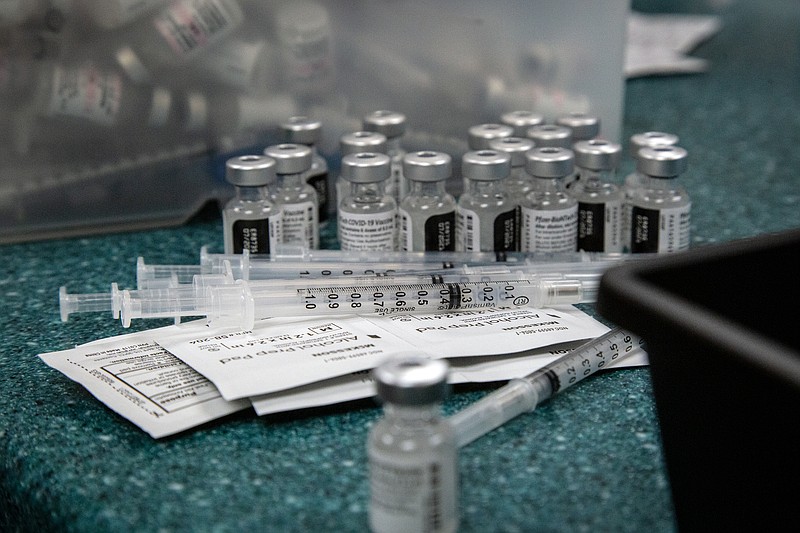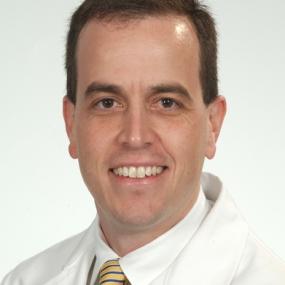Q: How concerned should I be about my child becoming seriously ill with the coronavirus?
A: Young adolescents can and do get COVID-19. Although most children who are infected have mild or no symptoms, some can get sick enough to require hospitalization, and deaths have occurred. More than 1.5 million cases of COVID-19 have been diagnosed in young adolescents since the beginning of the pandemic, according to the CDC COVID Data Tracker, and 9% of the total cases in April were children ages 12-17. More than 13,000 hospitalizations in this age group have occurred, and almost 4,000 children with COVID-19 have been diagnosed with a dangerous and potentially lethal disorder called multisystem inflammatory syndrome in children, or MIS-C. These numbers remind us that SARS-CoV-2 can cause severe disease in this age group.
Last week, the Centers for Disease Control and Prevention's Advisory Committee on Immunization Practices endorsed the safety and effectiveness of the Pfizer-BioNTech COVID-19 vaccine and its use in 12-to-15-year-old adolescents. Access to COVID vaccines in this age group is critical to decreasing their risk of disease as well as reaching community protection against SARS-CoV-2.
In the clinical trial, more than 2,000 children were enrolled. Half of the participants received the vaccine, and the other half a placebo. Side effects were similar to those seen in older adolescents and adults, including pain at the injection site, fever, fatigue, headaches, muscle and joint pain, and fever. The vaccine showed 100% efficacy in preventing COVID-19, and the production of antibodies was better than those seen in the studies involving older age groups. No allergic reactions were noted in the trial.
Children in this age group will need consent from their parents. A recent survey reported by Axios found that 40-60% of parents plan to get their children vaccinated with the COVID-19 vaccine. In a different study, the National Parents Union Survey, parents not planning to have their children vaccinated reported they were not sure the vaccine was safe (59%), the vaccine was developed too fast (59%) or that they did not have enough information (43%). The American Academy of Pediatrics has stated that it is essential for children to be vaccinated against COVID-19 and urges parents to consider getting their children vaccinated. They also support giving other immunizations at the same time as the COVID-19 vaccine since many children are behind because of the pandemic.
Vaccinating this age group will allow for safer summer camps and a safer return to school in the fall. Additionally, it will help in decreasing transmission within families. Since the approval for use last week, Hamilton County has already vaccinated over 700 residents 12-15 years of age. The more people get vaccinated, the safer our community will be.
Fernando Urrego, M.D., is the interim health officer at the Chattanooga-Hamilton County Health Department and a member of the Chattanooga-Hamilton County Medical Society.

